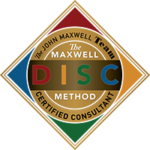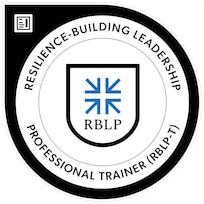An important part of life skills is the development of assertiveness. Without it, you could feel disrespected or disregarded in relationships and career paths. Assertiveness is all about feeling confident in your ideas, thoughts, and beliefs that you can ask or demand what you want in a calm and effective manner.
Assertiveness is also about refusing to accept what you don’t want. For example, if someone cuts in front of you at the supermarket, do you call them on it or just keep quiet? If you don’t speak up, you probably leave the store feeling angry and frustrated.
If you’re an aggressive personality, you may react to the same situation by becoming overly angry and shouting at the person who cut in line. That type of behavior is unacceptable and can cause serious conflict.
You may have problems being assertive with those in authority – for example, parents, bosses or others who you feel are “above” you. You may not have the confidence to speak up around these people for fear that you’ll lose your job or be looked at as confrontational.
Ask Yourself These 8 Questions to Gauge How Assertive You Are:
- Do you speak up when you disagree with someone?
- Do you do what’s right even though it goes against what others are doing?
- Would you remind a person about the money they borrowed and need to pay back?
- Can you ask for help if needed?
- Can you tell people when you’re disappointed in them?
- Do you tell someone if they’ve hurt your feelings?
- If someone is consistently late, do you tell him how it makes you feel?
- Can you refuse if someone asks you to do something wrong?
Think about people whom you really admire? Chances are they display the honorable quality of being assertive when needed. There’s a fine line between aggressiveness and assertiveness, but the consequences may be far-reaching.
Common sense can lead you away from being too aggressive so that feelings are hurt and relationships are lost. As you practice assertiveness in your daily life, you’ll become more adept at knowing when and where the line is crossed and being able to avoid it.
Learn all you can about assertiveness and apply the lessons where needed in your life. The self-esteem that comes from standing up for yourself and demanding that your rights be respected can transform your life and lead you to success.
Book a consultation with us now! Please do not hesitate to contact us with any questions. We would love to hear from you. Email at [email protected].
Click here https://xcelmil.com/xcelmil-coaching-and-consulting-services/ to learn more about our services.
Twitter: https://twitter.com/GraticMelody
LinkedIn: https://www.linkedin.com/in/melodygraticconsulting/
XcelMil, LLC is a certified Minority-Woman and Service-Disabled Veteran-Owned Small Business specializing in Executive Management Consulting and Leadership Development Training.








 In the modern era, in life and business, time is money. There’s an ever-increasing amount of cooperation and collaboration going on both in businesses and in peoples’ private lives. We need to figure things out almost on the fly these days while dealing with different time zones and cultures.
In the modern era, in life and business, time is money. There’s an ever-increasing amount of cooperation and collaboration going on both in businesses and in peoples’ private lives. We need to figure things out almost on the fly these days while dealing with different time zones and cultures.





























